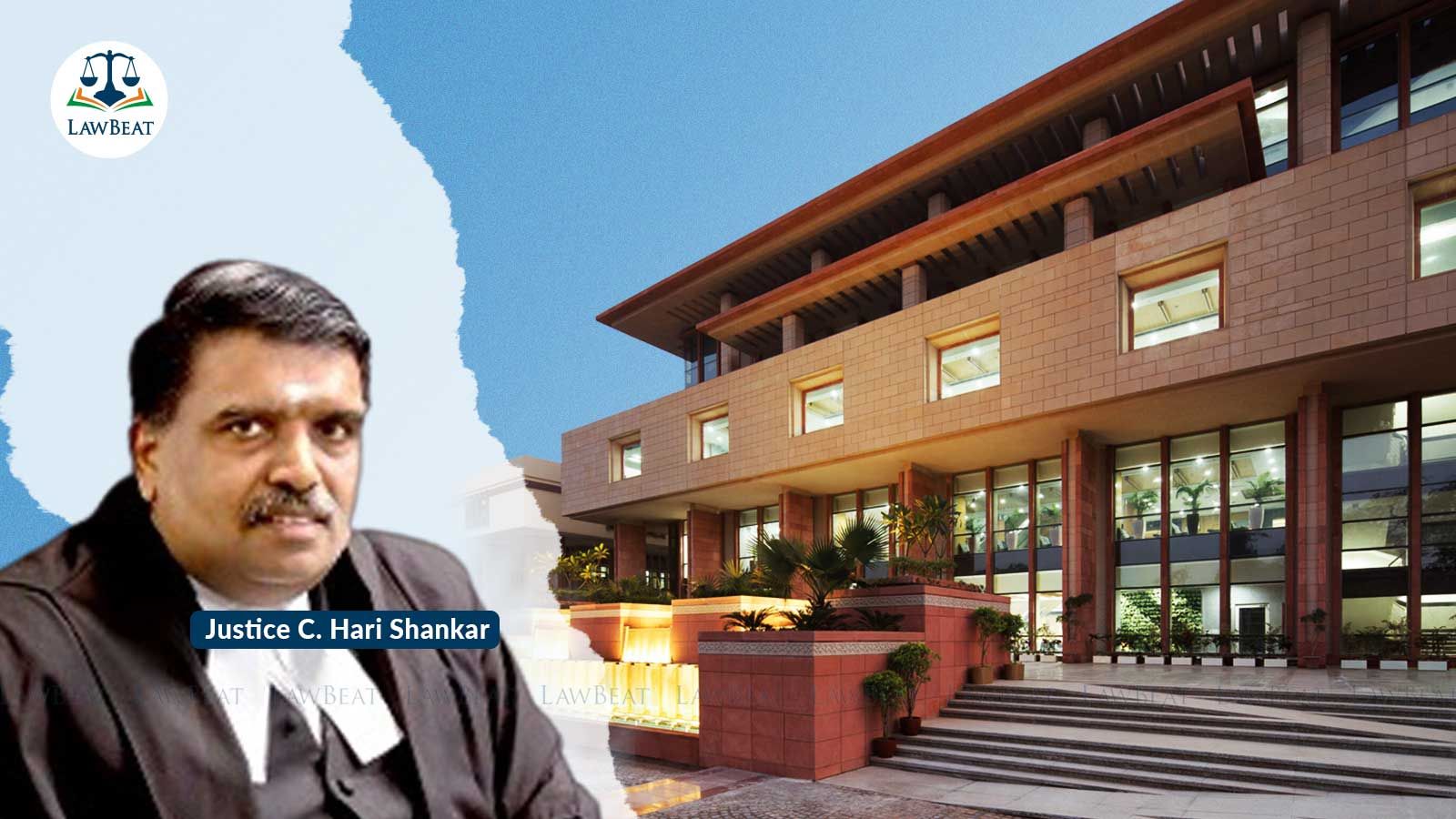DU Under No Obligation To Provide Centenary Chance To Students: Delhi High Court

A plea was filed by Chhavi, a former Campus Law Centre student (LLB, 2009-2012), who passed only 16 out of 30 papers. She challenged the University’s April 1, 2024, notification on the Centenary Chance Special Examination Phase II
The Delhi High Court, on Monday, held that the Centenary Chance examinations offered by Delhi University (DU), which allowed former students to retake and pass pending papers to earn their degrees, is not a right but rather a matter of academic policy.
The bench of Justice C. Hari Shankar held that “The Centenary Chances were not a matter of right. Neither did any candidate, who had failed to clear all papers within the maximum span period of the course have a right to seek a further chance to clear the papers, nor did the DU have any obligation to provide any such chance”.
The order was passed in a plea filed by a former student Chhavi, of the Campus Law Centre, who attended the LLB course from 2009 to 2012 and had passed only 16 out of 30 papers. This petition challenged the notification dated April 1, 2024, issued by the University of Delhi (DU), concerning the Centenary Chance Special Examination Phase II.
This notification allowed ex-students who had undertaken undergraduate, postgraduate, or professional courses at DU a second opportunity to retake the papers they had not yet cleared. The petitioner was aggrieved by the restriction that, in this second centenary chance, students were permitted to reattempt only a maximum of four papers.
The petitioner, represented by Advocate Danish Aftab Chowdhury, argued that every centenary chance provided by DU should include all remaining papers that a student needed to clear. According to the petitioner, there should be no limitation on the number of papers, and any such restriction was arbitrary.
The court emphasized that it should be exceedingly cautious in interfering with academic policy matters. The challenged notification was clearly a pure policy decision, and the university’s choice to limit the number of papers attempted in the second centenary attempt to four was evidently made for legitimate reasons.
Court opined that, unless a petitioner demonstrated at least a prima facie case of arbitrariness or invalidity in the academic policy decision under challenge, it would be risky for a court to require the University to justify every policy decision.
“In matters of academic policy, Courts must not defer to the wisdom of the academic authorities. It is a matter of common knowledge that these decisions are taken, not by one person, but after consultation and deliberation. In many such cases, the decision may be taken after the matter travels to the highest authorities in the university”, court emphasized.
The court observed that students who failed to clear all their papers within the maximum allowed time frame do not have the right to request an additional opportunity, nor is the university obliged to provide one. The judgment upheld a notification issued by the university on April 1st for the “Centenary Chance Special Examination Phase II,” which permitted former students to reattempt a maximum of four papers.
Rejecting the plea, the court asserted that both Centenary Chances were voluntary benefits provided by the university as part of its centenary celebrations. These opportunities were not rights and the terms for their provision were at the university's sole discretion. There was no legal obligation for the university to offer any Centenary Chance.
The court noted that the notification was a clear policy decision, and limiting the second Centenary Chance to four papers was a legitimate exercise of the university's discretion.
“The decision to grant a Centenary Chance, and the terms in which such chance is to be granted, are matters which belong to the realm of pure academic policy”, the court added.
The bench concluded that there was no evidence of arbitrariness or invalidity in the policy, either in the petition or during oral arguments. It emphasized that requiring academic bodies to justify every policy decision in court would undermine their autonomy and administrative freedom.
Case Title: Chhavi v University Of Delhi (2024:DHC:4155)
